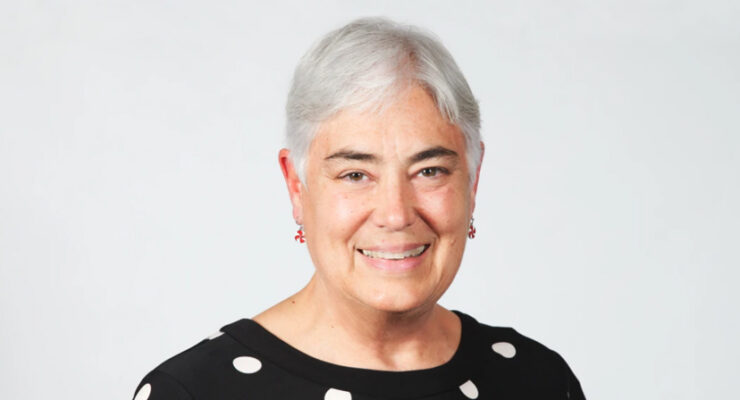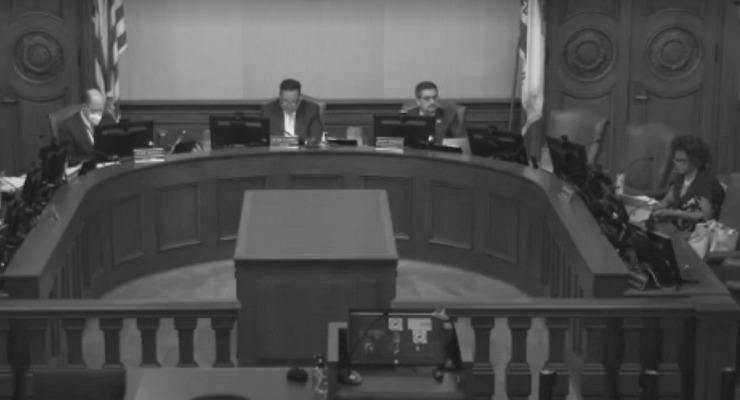 City Department of Transportation along with representatives from Metro hosted a public workshop forum at the Pasadena Central Library Thursday evening to discuss the city-wide bikeshare program that is set to bring 34 public bicycle docking stations and 400 bikes to city streets in July 2017.
City Department of Transportation along with representatives from Metro hosted a public workshop forum at the Pasadena Central Library Thursday evening to discuss the city-wide bikeshare program that is set to bring 34 public bicycle docking stations and 400 bikes to city streets in July 2017.
The program described as the “Uber for bikes” is Pasadena’s effort to make it a more bike friendly city intended for use by people on the go as their “last mile connection” in and around high density areas.
The workshop gave the public the opportunity to contribute to the planing discussion by providing suggestions for prospective docking station locations as the program nears finalization at the beginning of December.
“Our goal is to make Pasadena a city where people will circulate without a car,” said Conrad L. Viana, P.E. Engineer, City of Pasadena, Department of Transportation.
The model for the bikeshare program is simple: anyone can pay a small fee of $1.75 per thirty minute trip to ride a bike to and from any public docking station in the city.
“The idea is that you won’t have to walk more than five minutes to a transit stop,” said Viana.
The Pasadena Department of Transportation along with Metro has conducted studies and surveys that narrowed down areas of the city where the 34 prospective docking stations would live based on various criteria such as population density, transit frequency, intersections per mile, pedestrian accessibility and so on.
So far, the area amounts to approximately a three and a half mile radius with service provided in general areas of the Central District, the Playhouse District, as well as colleges, Metro Gold Stations, hospitals, office and residential locations.
“Station density is highly important and we want the bikes to be accessible for riders of all income brackets,” said L.A. Metro Principal Transportation Planner Jenny Cristales-Cevallos.
Each station would have a kiosk to accommodate any of the three available rental options by credit or debit card. A monthly pass is projected to cost riders $20 a month. An unlimited number of trips of 30 minutes or less would be covered by the monthly pass, and additional 30 minute increments would cost $1.75 each, under the current proposal.
Flex passes would run $40 per year and all trips would cost $1.75 for every 30 minute increment. Walk-ups would have no monthly charge or yearly fee. Riders would pay a flat $3.50 for 30 minute increments.
“The whole idea is to integrate the existing Metro card and its users with the bike share program for a seamless transfer,” said Cristales-Cevallos.
The program would be funded by Metro and the city is projected to subsidize approximately $300,000 per year if successful.
“We are a bicycle friendly city and its becoming more so, I think, every year. Drivers are getting used to seeing bikes on the road and more and more people are coming in and starting to make bicycles a part of their commuting plan. Where I think it would most benefit the city would be at the train stations,” said Owner of Pasadena Cyclery Alan Purnell.
Similar bikeshare programs have launched in cities such as Austin, Seattle and Denver with much success. L.A. Metro launched its debut program this summer and was able to provide data and analytics to the Pasadena D.O.T. to help fast track what works and what doesn’t work from a planning standpoint based on their preliminary data.
“We’ve seen it in other cities and it seems to be working pretty good,” said Purnell.
“We’ve found that riders are frequenting docking stations that are closer in proximity, or clustered. The people riding these bikes get the best use out of them in short distances,” said Cristales-Cevallos.
That short ride concept is a key component in the programs intended use. Cristales-Cevallos and Viana dubbed the program as a “last mile connection” for riders who are not dependent on bikes, but may need to use one for distances that typically amount to under one mile or less than thirty minutes.
“That is how we will be able to make this system equitable and eventually expand it where necessary,” said Viana.
Public attendees of the workshop were provided with stickers to place on large maps of Pasadena to suggest prospective bikeshare docking stations. The 34 stations that are under review by the City are saturated in and around the city mostly south of the 210 freeway as shown on a powerpoint presentation.
“We hope to do more outreach and education so the public can participate in this conversation and help make this the best it can be,” said Viana.
The docking stations will be located on city sidewalks that are at least 15 feet wide and will feature docks that hold either 22 or 30 bikes. All bikes will be solar powered and manufactured by Trek Bicycle Corporation owned B Cycle with an operating system from Philadelphia-based Bicycle Transit Systems.
“They’re not the most fun bikes to ride, but if you’re going a mile or two—it sure beats walking,” said Purnell.
The Pasadena D.O.T. is set to submit the 34 proposed docking station locations to City Council on Dec. 5 with a tentative date to have the bikeshare program up and running in July, 2017.














 0 comments
0 comments



